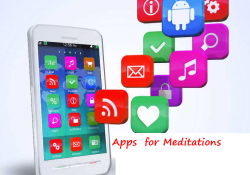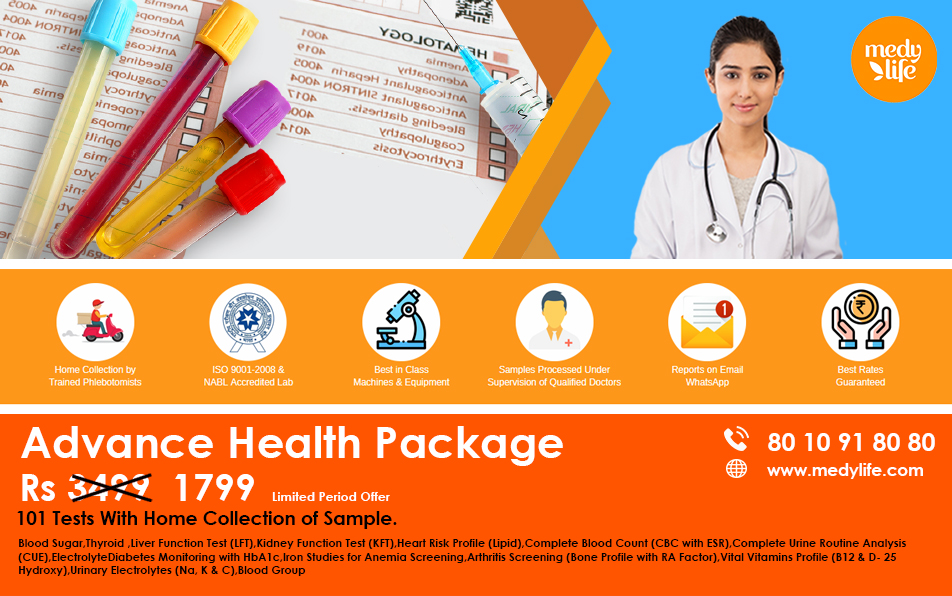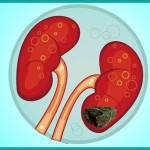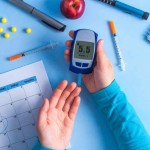
THANKS APP, my baby has a nose now!
18-05-2015 | Posted By: Admin | 1771 View(s)
Numbers and calculations have always confused Saranya Venkatraman, 26. And this became a serious problem last year when she was planning to conceive. She struggled to get a grasp over her ovulation cycle despite tips from the gynaecologist. Then she downloaded an app on her mobile phone.
“It took me through my pregnancy and beyond,” says Venkatraman, now the mother of an eight-month-old boy. “Though I have a regular menstrual cycle, it does alter day by day or two because of my lifestyle, and I felt lost. The app rightly projected my dates of fertility and ovulation, and helped me conceive.”
Several women -and girls like her are resonating with the digital regime to keep track of their pregnancy and menstruation. Circling dates and drawing little stars on monthly calendars are passed, smartphones now do the job in a more personal and personalised way.
The market is flooded with a plethora of apps – free and paid – across operating systems. The user has to key in details of a minimum of three monthly cycles. The app factors in the fluctuation and, considering inputs on moods, symptoms and medication, projects the next start date of the user’s cycle. Pregnancy apps are supported by daily or weekly notes virtually bridging the mother with the baby. Some developers such as US-based ovulation calculator Glow, have gone a notch up, using the data for research on infertility.
For new generation women, keeping track doesn’t stop when pregnancy is achieved. Apps such as BabyBump Pregnancy Pro give expecting mothers daily tips. At week 28, the app welcomed Lavanya Ravikumar to her third trimester. “That morning, the app told me that my baby’s brain had developed more tissue and a regular sleep schedule has set in,” says Ravikumar. It also informed her that her baby’s genitals were beginning to form. “It was a wonderful feeling to visualise the information I got every day. I could picture it all being well, which made me less anxious,” she said.
The apps also notify them on intake of food, gives reminders for blood tests and doctor appointments. “It reminded me to eat a lot of spinach and greens as my baby was would start growing hair in a day,” recalls Venkatraman. These mothers still do touch and feel baby kicks and movements, but now have a way to capture and record them as data.
Health experts say that such documentation of personal data increases awareness in women, and helps them take charge of their body. “When I asked my patients when they were on their last period, some turn to their mothers and some of their partners. Recently, many of them have been showing me their phones,” says Dr P Meenalochini, former director of Institute of Obstetrics and Gynaecology, Madras Medical College. “Though ovulation kits are available, mobile apps are more convenient for these women. It helps them plan for a baby or avoids unwanted pregnancy .”
Recently married, Sinduri Vishal uses the app Lunacycle that notifies her on safe and unsafe dates. “I got to know about the app through my friends. It alerts me when I’m late, which could be irregularity or pregnancy, and advises me to consult a doctor,” says Vishal.
Gynaecologists, however, caution that the apps cannot be a substitute for doctors. “Everything in medicine is personalised depending on the patient’s profile. It cannot be a standard blanket of information,” says Prashanth Fertility Research Clinic medical director Dr Geetha Haripriya. “Over the last four months, I’ve seen this trend of several patients using apps to plan intercourse and calculate the date of delivery. It can land one in trouble of being misled as deliveries are based on a lot of factors. Use the app, but always consult your gynaecologist,” she says.
Single women say that these apps are convenient when they are absent-minded about dates. “My mother used to be my tracker and but since I got the app, I feel a lot more in charge,” says Haritha Mohan, who uses the app Woman Log. “As we grow older, our symptoms begin to change. With the app, I can analyse my stress levels, headaches or cramps. The alerts and countdowns help me to stay equipped.”
Many women use multiple apps, graphing their days, analysing their moods and problems. “Some offer scientific tips, some apps exaggerate, so downloading from various developers gives me different perspectives,” says Venkatraman. “The information I received daily or weekly was positive and negative, funny and sad, but it was a wonderful experience.”
Source- The Times of India Dated May 18, 2015, by Divya Chandrababu,









